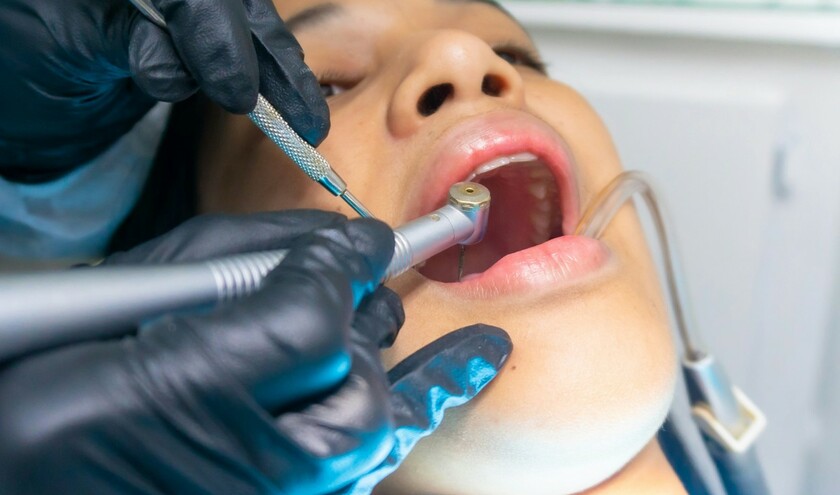Health minister Stephen Kinnock wants to be able to provide 700,000 extra urgent appointments across England to address the crisis in NHS dentistry, and deliver on the government's manifesto pledge.
The extra appointments will be available from April and have been targeted at dental deserts – areas where patients particularly struggle to access NHS dentists. This includes parts of the East of England, such as Norfolk and Waveney, where there are just 31 NHS dentists respectively for every 100,000 people.
Each ICB has a target of urgent appointments to roll out, based on estimated local levels of unmet need for urgent NHS care. Levels of unmet need are calculated by measures including looking at how many people tried and failed to get an NHS dentist appointment.
The appointments are expected to start coming online from April. Patients will be able to access these appointments by contacting their usual dental practice or calling NHS 111 if they don't have a regular dentist or need help out-of-hours.
Stephen Kinnock, minister of state for care said: ‘We promised we would end the misery faced by hundreds of thousands of people unable to get urgent dental care. Today we're starting to deliver on that commitment.
‘NHS dentistry has been left broken after years of neglect , with patients left in pain without appointments, or queueing around the block just to be seen.
‘Through our Plan for Change, this government will rebuild dentistry – focusing on prevention, retention of NHS dentists and reforming the NHS contract to make NHS work more appealing to dentists and increase capacity for more patients. This will take time, but today marks an important step towards getting NHS dentistry back on its feet.'
Jason Wong, chief dental officer for England, added: 'It is vital that we do more to improve access – we are working with local systems to prioritise this, which includes providing 700,000 additional urgent dental appointments to help make it quicker and easier for those most in need to be seen and treated on the NHS and we are incentivising dentists to work in underserved areas so that all areas of the country can receive the care they need.'
In addition, to tackle stark regional inequalities in terms of good oral health, the government will introduce a new supervised tooth-brushing scheme for 3-to-5-year-olds – which is aimed at providing advice and tooth brushing guidance in the school setting to children living in the most deprived areas in England, as well as providing toothbrushes and toothpaste.
The government is also recruiting new dentists to areas that need them most and will reform the dental contract, with a shift to focusing on prevention and the retention of NHS dentists. This includes the golden hello bonus incentive payment of £20,000, which is being offered per dentist for up to 240 dentists who agree to work in areas of the country that have traditionally been hard to recruit to. Until July, none of the 240 roles had been filled, but the government has since delivered 68 posts, with more to come.
Reaction
Ruth Rankine, director of the primary network at the NHS Confederation, said: ‘Integrated Care Boards play an essential role in addressing oral health inequalities and improving access to NHS dental care. We know from our members that delivering supervised toothbrushing to children living in the most deprived areas in England will ensure a population health management approach to oral health is taken. Improving access to primary care dentistry services is also important, so it is a step in the right direction to have extra appointments delivered at dental deserts.
‘However, finances must accurately reflect the cost of treatment as the additional 700,000 urgent dental appointments promised by the Government alone will not improve the long-term oral health of the population. Further clarity is needed to understand how the government plans to address ‘dental deserts' where more deprived or rural local authority areas have fewer NHS dentists than those in more affluent urban areas to improve equitable access.'
General Dental Practice Committee chair, Shiv Pabary, said: ‘It's progress, but Government could have fired the starting gun on commissioning urgent care last summer.
‘Action here will translate into just two extra slots a month for each NHS dentist. Ministers must now confront the failed contract that's left millions with no options.'
Jacob Lant, chief executive of National Voices, said: 'These extra urgent appointments will be welcome and are a helpful first step, but fixing the nation's oral health crisis will require a sustained effort.
'We now need local NHS leaders to work creatively to ensure available capacity is targeting those most in need, whether treating an infected tooth or ensuring cancer and transplant patients get the dental check-ups they need before starting treatment.'



